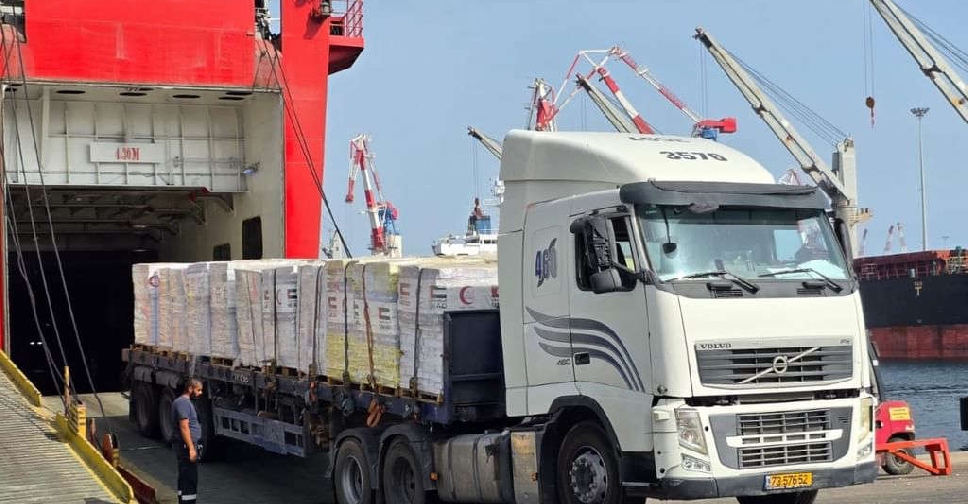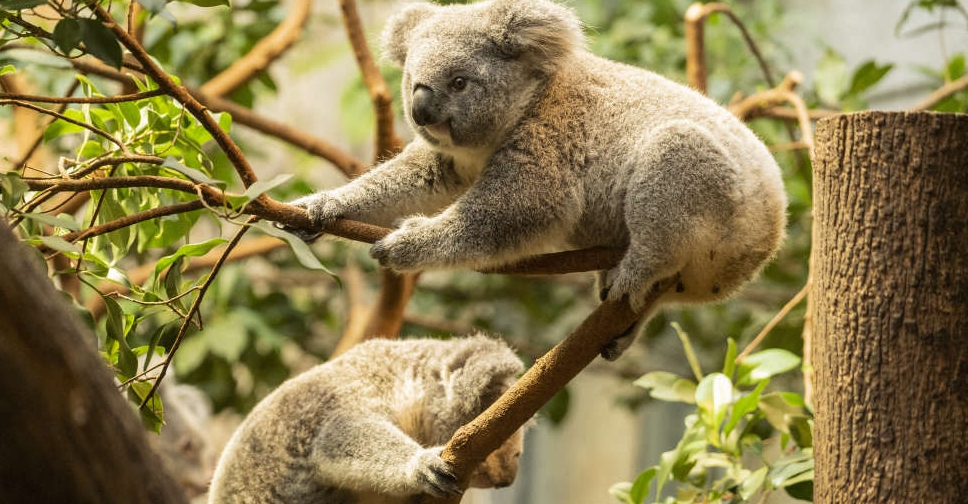
When Lucy was rescued from a rural property in New South Wales two years ago, she was suffering from chlamydia, a disease widespread among koalas.
Today, she's one of the lucky residents of tree corridors in the Australian state dedicated to protecting the marsupial by preserving its rapidly shrinking habitat.
The vast networks of vegetation, planted by local conservation group Bangalow Koalas in the Northern Rivers region of the state, are a lifeline for koalas and numerous other species like the endangered glossy black cockatoo, gliders, possums, and wallabies.
They provide safe passage across the koala's increasingly fragmented habitat, increasing genetic diversity and protecting the animals from human threats.
"Our corridors are actually trying to get them away from humans, from cars, from dogs," said Linda Sparrow, president of Bangalow Koalas. "They can safely move across the landscape and not have to put up with us humans."
The koala is predicted to be extinct in the wild in New South Wales by 2050, with some of the biggest threats being wildfires, habitat loss though logging and land clearing for development. It has already been declared as endangered in several states.
A 2022 government report showed that Australia has lost more mammal species than any other continent.
Founded in 2019, Bangalow Koalas has planted over 336,000 trees on 119 properties, contributing to koala conservation and boosting the local ecosystem. The group, which relies on community volunteers, aims to plant 500,000 trees by 2025.
"The neighbour would want to join and then another neighbour will want to join," Sparrow said. "It's like a domino effect where all these people all over the Northern Rivers want to join our corridor."
Volunteer Lindy Stacker, who has been planting trees for over five years, said the activity was "better than meditation, better than yoga", and had rallied the community together.
A recent report by the Australian Koala Foundation said the iconic marsupial was worth an estimated $3.2 billion per annum to the tourism industry.
However, the World Wildlife Fund - Australia reported alarming declines in koala populations, with a 50 per cent drop in Queensland and a 62 per cent drop in New South Wales since 2001.
Sparrow remains committed to the cause.
"I can't imagine a world where there's no koalas in the wild," she said.
"We're going to do everything we can possibly to make sure that doesn't happen."


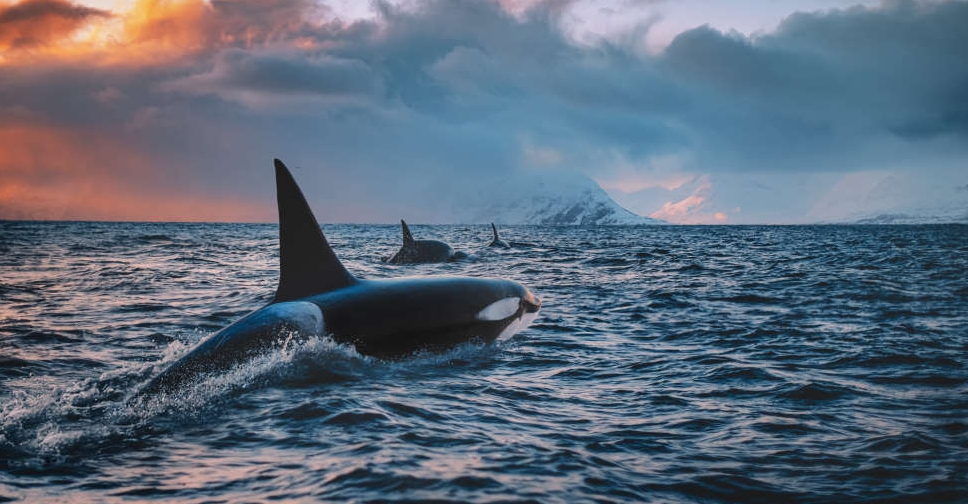 Killer whales use seaweed as tools to groom each other
Killer whales use seaweed as tools to groom each other
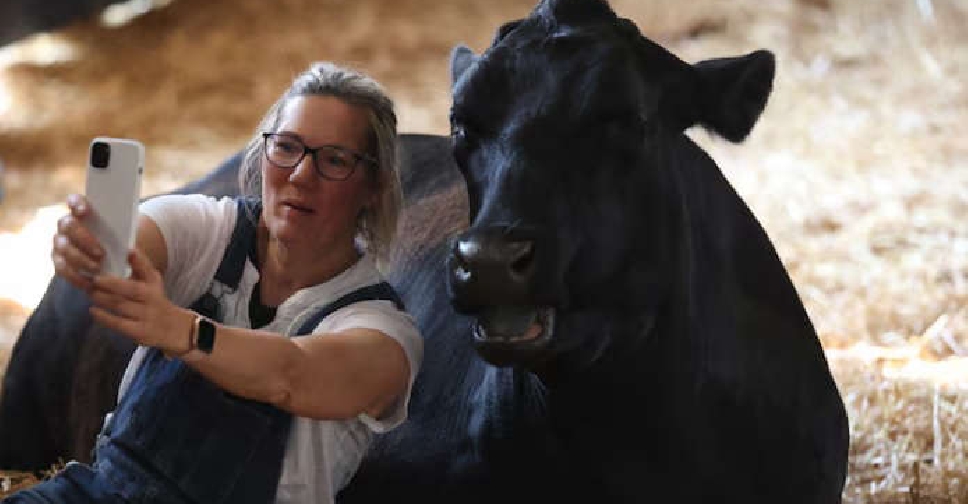 UK farm swaps milk for cow cuddles as floods and food prices take their toll
UK farm swaps milk for cow cuddles as floods and food prices take their toll
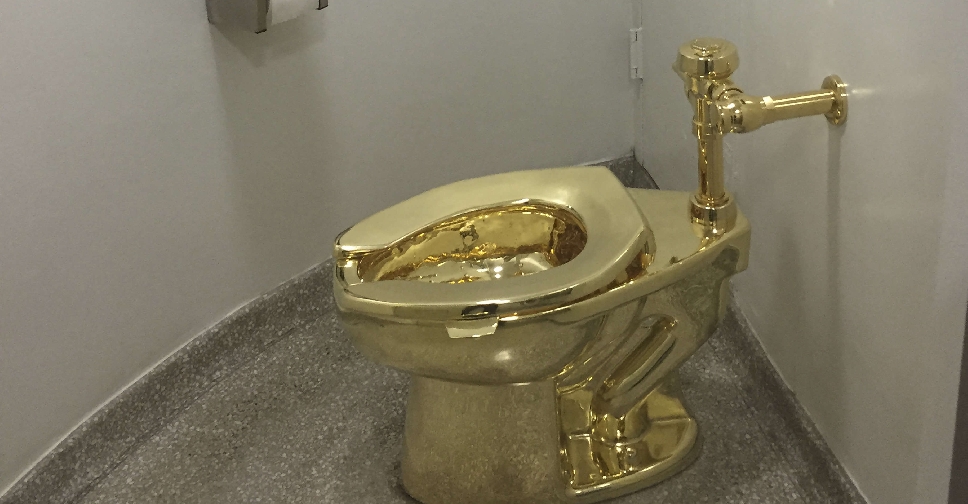 Two jailed for stealing $6 million golden toilet from Churchill's birthplace
Two jailed for stealing $6 million golden toilet from Churchill's birthplace
 Labubu human-sized figure sells for over $150,000 at Beijing auction
Labubu human-sized figure sells for over $150,000 at Beijing auction
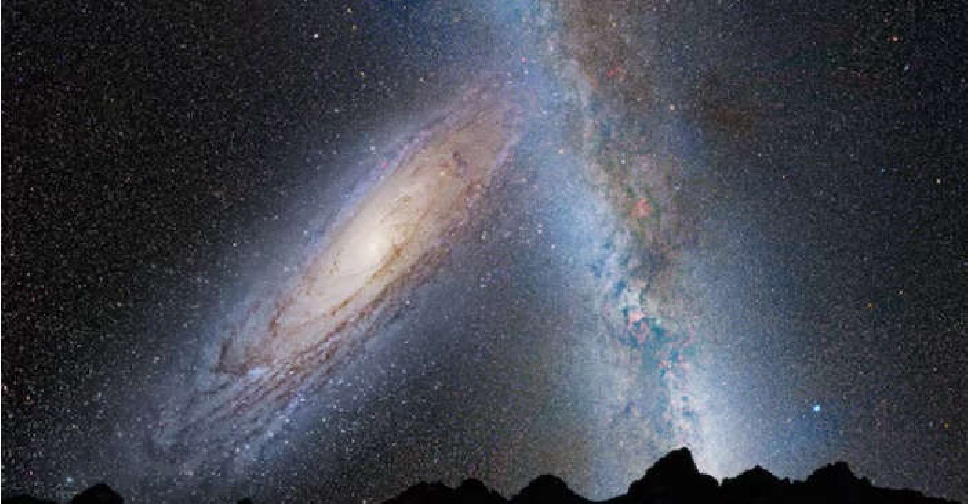 Study sees lower chances of Milky Way crashing into Andromeda galaxy
Study sees lower chances of Milky Way crashing into Andromeda galaxy



